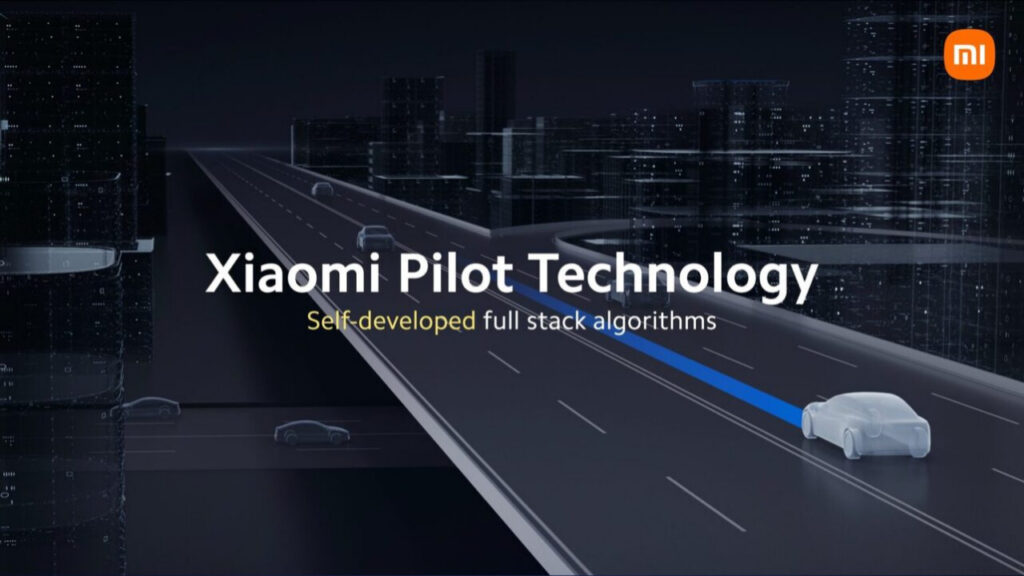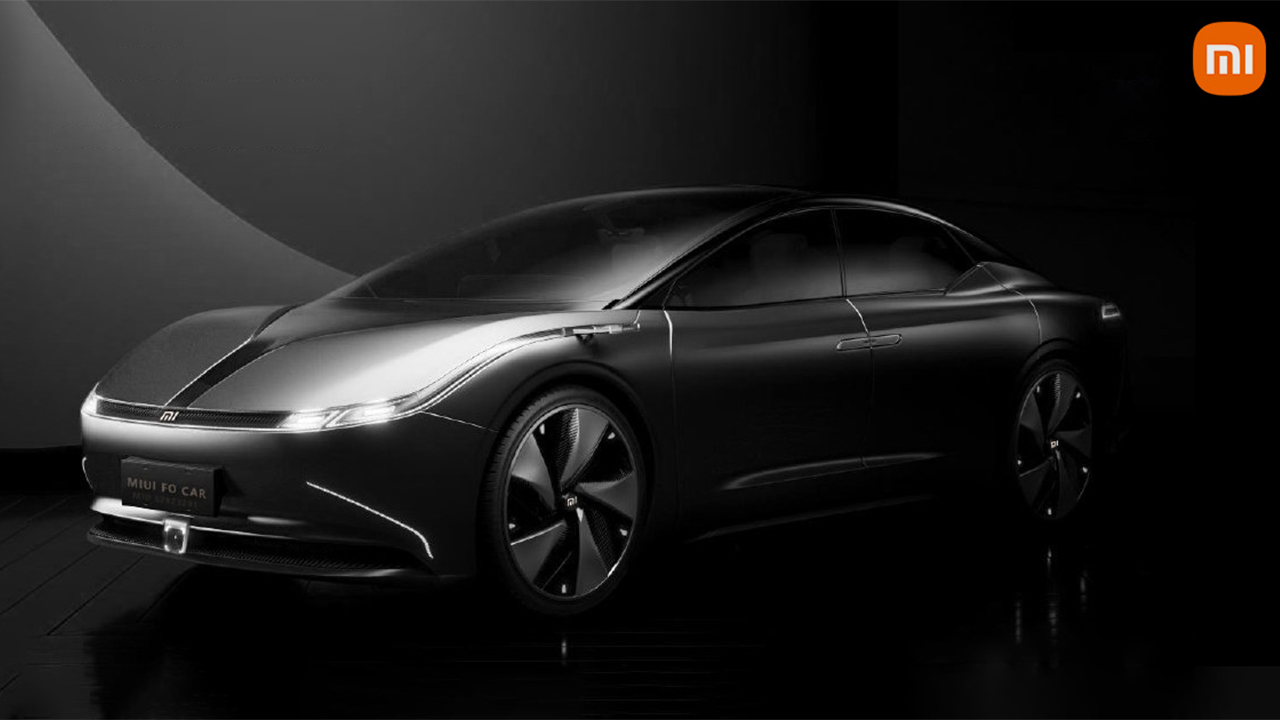Last week, Xiaomi CEO Lei Jun gave detailed information about Xiaomi Pilot Technology. “Our autonomous driving technology adopts a self-developed full-stack approach, and the project has progressed beyond our expectations so far,” said Lei Jun, Founder, President, and CEO of Xiaomi Group.
What Xiaomi Pilot Technology offers
Xiaomi has acquired autonomous driving startup Shandong Technology to develop its autonomous driving technology expertise and talent pool. It has also invested RMB 2 billion in more than ten organizations in the autonomous driving field, focusing on developing its medium and long-term strategic industrial capabilities. These organizations include critical sensors, key actuators, domain controllers, and other categories.
According to the statement made by Xiaomi, there are currently over 500 qualified employees in the special team created for autonomous driving, and this number is expected to reach 600 by the end of the year. The company also shares the following on this important issue: “The autonomous driving team of Xiaomi, established last year, has attracted many professionals in the industry.
The backbone of the 500-person team is 50 industry experts with an impressive educational background, 70 percent of whom have masters or doctoral degrees. The team’s core members have experience working for some of the most renowned companies in AI. Also, this team’s professional expertise includes sensors, chips, algorithms, simulation, toolchains, data platforms, and more.

Xiaomi adopts its self-developed full-stack approach for autonomous driving technology, covering all key areas such as hardware and software development, sensing, and positioning. It also focuses on full-scale custom solutions for complete closed-loop data capabilities.
Xiaomi’s test vehicle demonstrated accurate, safe and intelligent assisted driving in many scenarios, including U-turns, roundabouts, and continuous downhill driving. Xiaomi’s autonomous driving team also announced its innovative automatic parking solution, which covers scenarios such as “reserved parking spaces,” “autonomous valet parking,” and “automatic charging with a robot arm.” In the future, other parking services, artificial intelligence, and service-oriented features will be added under relevant national laws and regulations.



 Shiftdelete.net
Shiftdelete.net









